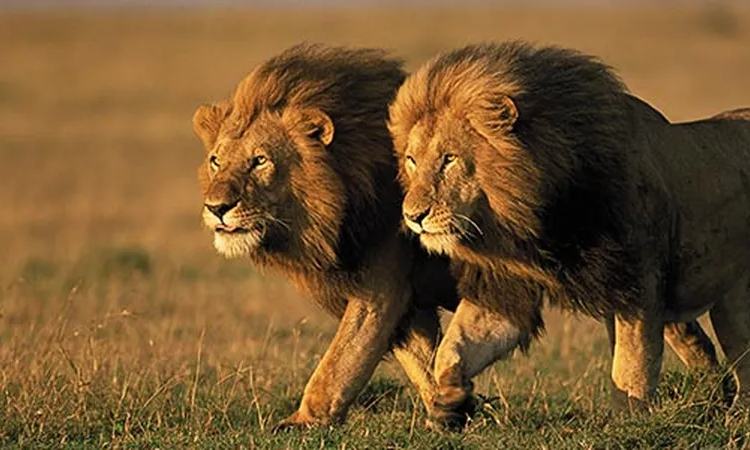Wild Africa Fund has urged the public to protect lions by reducing illegal bushmeat consumption, supporting better protection of their shrinking habitat and championing anti-poaching measures.
The group said “Available statistics showed that there are only about 120 – 374 lions in West Africa, unlike in southern Africa, where the majestic cats are generally well protected and maintain stable populations, West African lions face extinction, losing 99 per cent of their historic range.
‘’Beyond habitat loss, lions have suffered a decline in prey species such as antelope due to the bush meat trade and are frequently killed in retaliation for preying on livestock. Additionally, the snares and traps set for bush meat often injure and kill lions.’’
The group added that ,’’In Nigeria, the fewer than 50 lions left in the wild are found in Kainji Lake National Park and the Yankari Games Reserve, both in northern Nigeria. In Ghana, several researchers have tried to find lions in the wild without success. They have disappeared completely in several West African countries, including Côte d’Ivoire, Gambia, Mali, and Sierra Leone.
“West African lions might disappear forever if we don’t urgently address the threats they face,” says Festus Iyorah, Nigeria Representative for Wild Africa Fund. “If we can protect their habitats more effectively, they could bounce back and boost our tourism.”
Wild Africa Fund believes it is possible to halt the decline of lions and restore their numbers, following the lead of countries that have brought lion populations back from the brink of extinction.
OBE, co-founder and chief executive officer of Wild Africa Fund Peter Knights said,’’ In Rwanda, lions were wiped out in the 1990s during the civil war and the 1994 genocide. Subsequently, farmers who settled on land previously inhabited by lions poisoned them to protect livestock. After over a decade of absence, seven lions were reintroduced from South Africa to Rwanda’s Akagera National Park in 2015, followed by two more male lions added to the park in 2017.’’





